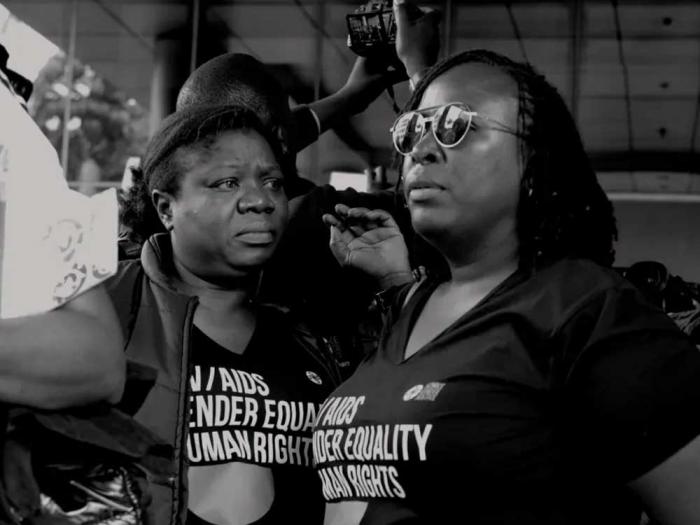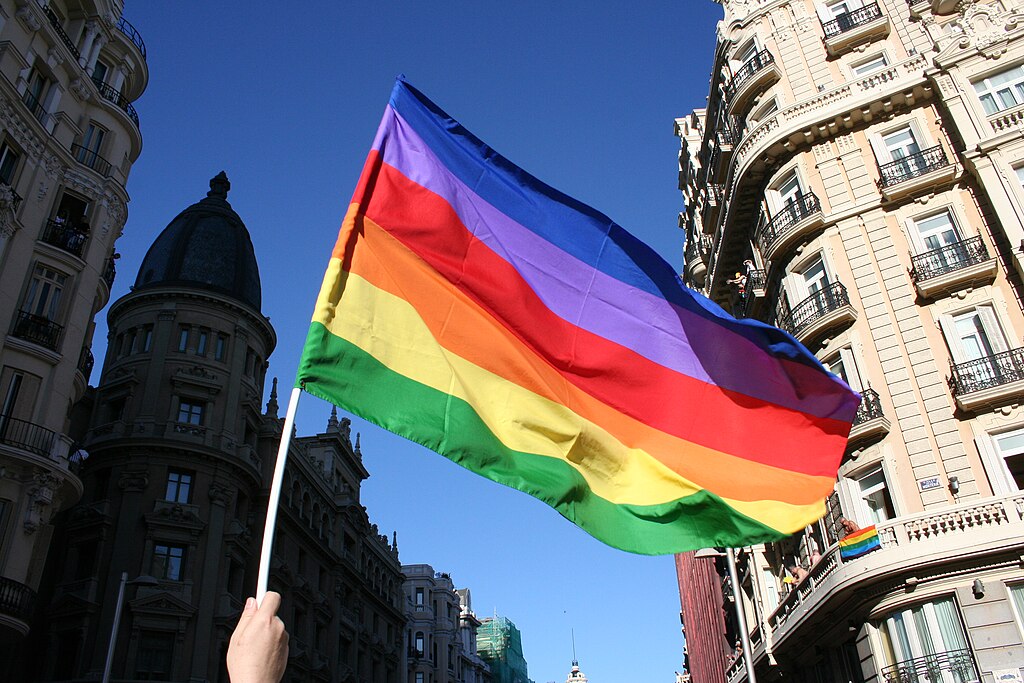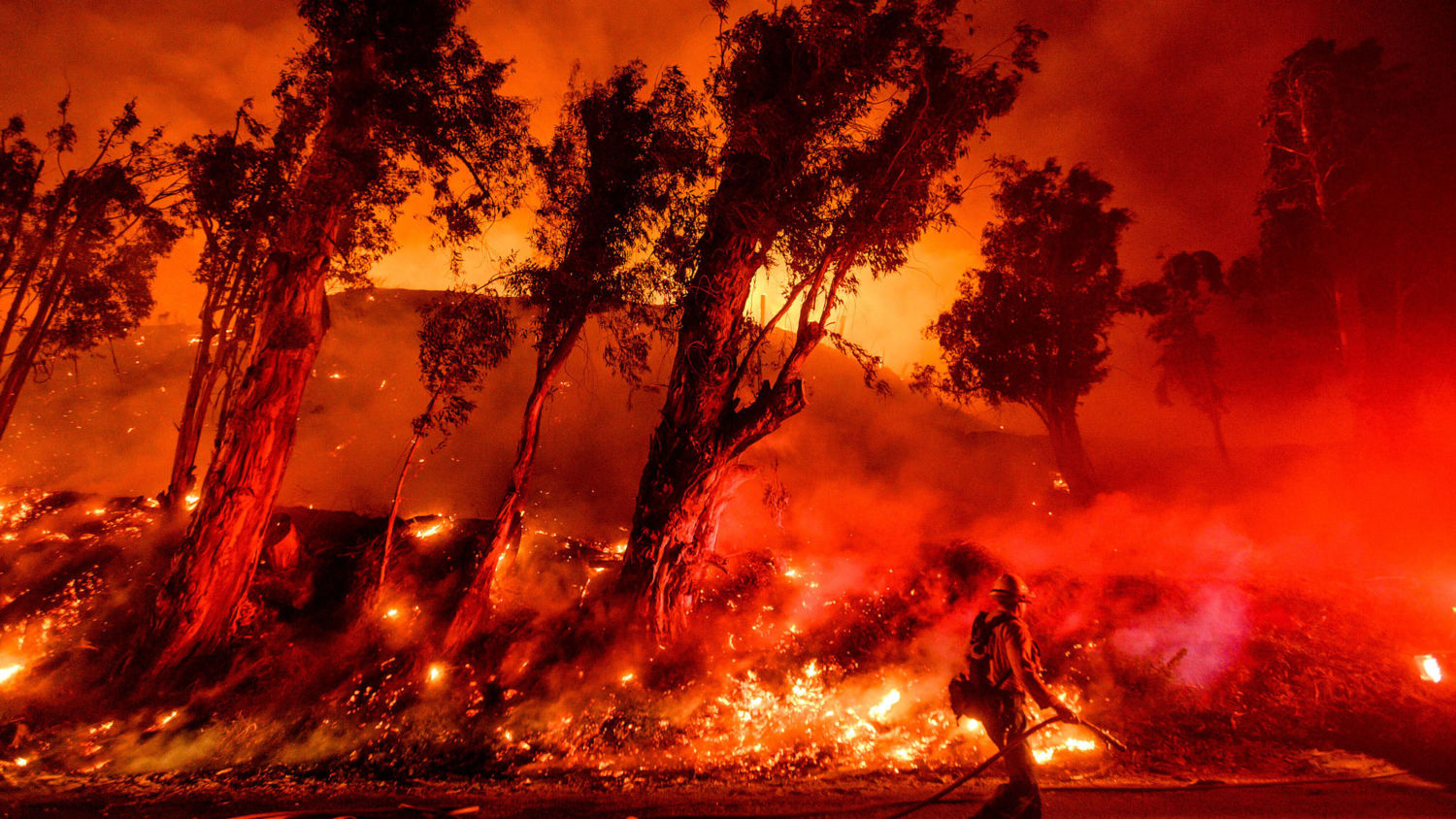Here's an expanded version of the text that avoids repetition and adds more context:
Rising Tide of Anti-LGBTQ Legislation Threatens African Communities
A wave of discriminatory legislation is creating a hostile climate for LGBTQ+ people across Africa. Countries like Uganda and the Democratic Republic of Congo (DRC) are at the forefront of this movement, proposing or enacting laws that criminalize same-sex relationships, restrict activism, and silence media voices.
Uganda's Persecution of LGBTQ+ People Deepens
Ugandan LGBTQ+ activists face a constant struggle for basic rights. President Museveni's brutal Anti-Homosexuality Act, signed in May 2023, imposes forced labor and lengthy prison sentences for consensual same-sex relations. Despite appeals from activists and international condemnation, the Ugandan Constitutional Court upheld most of the Act in April 2024, dealing a major blow to the LGBTQ+ community.
DRC Considers Unprecedented Step of Criminalizing Homosexuality
The DRC, where homosexuality has not been historically illegal, is on the verge of joining the wave of anti-LGBTQ+ legislation. A recent bill proposed by legislator Constant Mutamba seeks a harsh reversal of course, criminalizing homosexuality for the first time. The proposed penalties, including imprisonment and hefty fines, raise serious concerns about the potential for increased persecution. This isn't the first attempt to restrict LGBTQ+ rights in the DRC, with similar proposals failing in the past. However, Mutamba's bill, backed by claims of protecting "cultural sovereignty" from "neo-colonialism," reflects a concerning shift in rhetoric.
Congo's LGBTQ+ Community Mobilizes in Resistance
Congo's LGBTQ+ community, represented by organizations like Rainbow Sunrise Mapambazuko, is fiercely resisting the proposed legislation. They rightly argue that the bill will exacerbate discrimination and violence against an already marginalized population. By launching petitions and garnering international support, they hope to prevent the bill's passage.
A Worrying Trend Across Africa
The DRC's proposed legislation is just the latest example of a worrying trend across Africa. Countries like Uganda, Burundi, Ghana, and Tanzania have all recently introduced measures restricting LGBTQ+ rights. This coordinated effort to suppress LGBTQ+ identities raises serious concerns about the future of LGBTQ+ rights on the continent. International pressure and the tireless efforts of local activists are crucial to protect these vulnerable communities.
Belarus Cracks Down on LGBTQ Community
Belarus's government has taken a major step backwards for LGBTQ rights. The Ministry of Culture recently changed a law on "erotic materials" to include LGBTQ people and expressions of LGBTQ identity as "non-traditional sexual relationships or behavior." This means they could be seen as pornography, which is punishable by law.
This isn't the first attack on LGBTQ people in Belarus. President Lukashenka has made homophobic comments and proposed laws to criminalize "promotion of non-traditional relationships."
Human Rights Watch (HRW) is calling on Belarus to stop these attacks. They point out that homosexuality has been legal in Belarus since 1994, but progress for LGBTQ rights has stalled and is now worsening.
Kazakhstan Considers Criminalizing LGBTQ Relationships
Kazakhstan, another former Soviet republic, is also considering legislation targeting LGBTQ people. Lawmakers there have proposed making same-sex relationships a crime, punishable by up to seven years in prison. Additionally, another proposal would ban media outlets from mentioning LGBTQ people at all.
These proposals are facing criticism from human rights groups. They raise concerns about freedom of expression and basic rights for LGBTQ people in Kazakhstan.
Delayed
On April 15, Iraqi legislators postponed voting on a law targeting LGBTQ individuals, which included provisions for the death penalty.
As Parliament convened and prepared to deliberate on the legislation, slated as the second item on the agenda, Prime Minister Mohammed Shia al-Sudani was set to meet with President Joe Biden in Washington, D.C., as per Reuters.
The vote was deferred due to time constraints and lingering disagreements surrounding proposed amendments, Reuters reported.
If enacted, the legislation, dubbed the anti-adultery bill, would criminalize LGBTQ individuals, prescribing either death or life imprisonment for engaging in same-sex relations or swapping spouses for sexual purposes, Reuters noted.
Rasha Younes, senior LGBT rights researcher at Human Rights Watch, expressed concern, stating, "Iraq's proposed anti-LGBT law would endanger the lives of individuals already navigating a hostile environment for LGBT people," adding that it sends a distressing message to the community.
The bill would additionally prohibit the promotion of homosexuality, with violations carrying a minimum prison sentence of seven years.
This marks the second time in recent years that the Iraqi parliament has deferred action on similar anti-LGBTQ bills, according to Erasing 76 Crimes.
Over the past year, prominent Iraqi political factions have increasingly criticized LGBTQ rights, with rainbow flags often being burned during protests by both ruling and opposition conservative Shi'ite Muslim groups, Reuters reported.
Representatives from three Western nations reportedly urged Iraqi authorities against passing the legislation, citing human rights concerns.
"We were very, very direct: if this law is passed in its current form, it would have catastrophic consequences for our bilateral and business and trade relations," one senior diplomat, speaking anonymously due to sensitivity, told Reuters.
Ghana's President, Nana Akufo-Addo, awaits the Supreme Court's decision on the challenge to the "Human Sexual Rights and Ghanaian Family Values Bill, 2021," previously known as "The Promotion of Proper Human Sexual Rights and Ghanaian Family Values." The bill, passed by Ghana's Parliament in February, is under scrutiny. Meanwhile, amidst the proliferation of anti-LGBTQ laws across Central Asia, Eastern Europe, and Africa, the LGBTQ petition group, All Out, has launched a campaign to uncover the global network financing these measures. They urge the public to share any information on far-right groups involved in legislative attacks and other anti-LGBTQ initiatives.












0 Comments